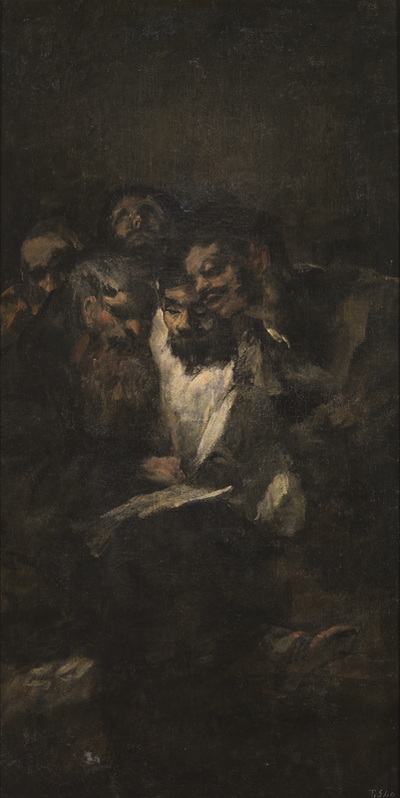

He feels taken care of in his isolation, he has created meaning through rituals and through relationships that are real and valuable to him. Although Piranesi is essentially (we learn) a captive in this place, it’s not a story of suffering. It isn’t our world but it has things we are familiar with, including tides and sea birds and seasons, all of which are vividly evoked. The oddity of Piranesi, though, is how beautiful Piranesi’s weird world is and how lovingly he studies and tends to it. In a way it is even a horror story, or at any rate things about it are horrible. The story of who he is and what he’s doing in this place is the novel’s central plot, and it has elements of an actual mystery, even a thriller, with clues and an investigation and a climactic face-off with a villainous antagonist. Most of it takes place in a kind of labyrinth made up of halls and vestibules, populated with statues and skeletons and one solitary living person, the man we know, and who knows himself, only as ‘Piranesi’ – until we learn more about him, that is, and he too is brought to confront some elusive truths about himself. I’m not going to say much specific about Piranesi, mostly because it’s such an intricately delicate construction that describing or explaining it seems unlikely to do it justice – and might, worse, spoil its carefully unspooled revelations. Now I wish I still had it, because if Clarke is good enough to make the weird world of Piranesi feel real to me, I trust her enough to try it again.

I gave up on Clarke’s earlier novel Jonathan Strange & Mr Norrell – not just gave up, but gave it up, donating it to the book sale after a couple of failed attempts to get into it. By training and inclination I am (more or less) a realist the two genres I always have the least success with reading are fantasy and science fiction. Piranesi is a strange, wondrous, mysterious novel, the kind of book that makes me marvel that someone ever had the idea to write it, much less carried it out so that a reader like me could be moved and transported by it. I note with precision the doors I must pass through, the rights and lefts that I must take, the statues on the walls that I must pass. I imagine I am walking the path from the vestibule to the hall. When this world becomes too much for me, when I grow tired of the noise and the dirt and the people, I close my eyes and I name a particular vestibule to myself then I name a hall.

In my mind are all the halls, the endless procession of them, the intricate pathways. In my mind are all the tides, their seasons, their ebbs and their flows.


 0 kommentar(er)
0 kommentar(er)
